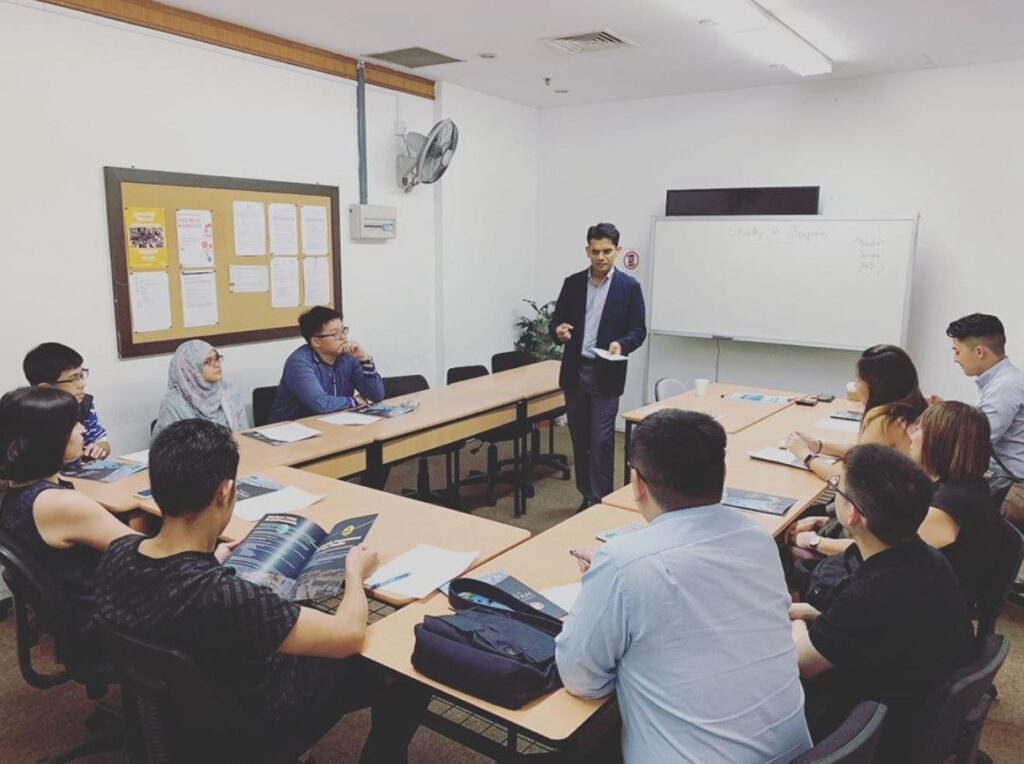This post was inspired by one of my students who needed to learn Thai for business reasons. Despite having no background in the Thai language, she now has to communicate with Thai colleagues using formal emails and business jargons 🤯 How does one do that even with the help of Google Translate?
You might be interested to check out how to translate English to Thai. Read here!
How to get started with using Business Thai
Obviously, you need to have some foundation in basic Thai communication. That goes without saying.
In this case, the student doesn’t have any background in Thai. Hence my honest feedback that she would struggle even after 10 (or more) lessons 😥

Here are 3 quick steps I came up with to help this student:
1. Quickly Master Basic Thai Communication
Even in an email setting, you need to learn how to string together sentences as though you are speaking to a person in real life. Granted, the tone and sentence structure would be more formal. But Thai language is (thankfully) not like Japanese in which the sentence structure and pretty much everything else changes the moment you switch from casual speaking to a business context. Basic Thai grammar patterns apply still regardless of the context 🙏
For example – how do I say “same topic to be sent/replied in the same email chain” ?
In translation, it is never about translating English to Thai word-by-word but rather, getting the meaning across. In this example, I will rephrase this in English to a sentence structure I am comfortable with in Thai, as though I am speaking to a Thai in real life. I will say “If it is the same topic, please reply in the same email” which will be หากเป็นหัวข้อเหมือนกัน กรุณาตอบในอีเมลเดียวกันค่ะ
It might not be super accurate or 100% the Thai way to express this, but it’s definitely understandable, polite and gets the message across 😎 PHEW 🥵
Interested to learn the Thai Language? Here’s what you can explore!

Practice your Thai speaking skills and learn how to use Thai to express everyday small talk.

A serious Thai learner aiming to master Thai reading and writing? Start off by learning to text in Thai!

Go for regular Thai classes. Use your SkillsFuture credits to offset your Thai Language course fees!
2. Build relevant vocabulary
Obviously in the example above, I need the vocabulary for “topic”. And I need to know the Thai words for “reply”, “same” etc.
Yes, it’s definitely possible to use Google Translate to get the Thai equivalents 1-by-1 and then string the sentence together using Thai sentence structures you’re familiar with. But in the case of the word “same”, there is “meuan kan”, “diaw kan”, “kan”…OMG which one do I use? 😓
Not to mention just a simple word “I” has 9 different variations in Thai. So which version should you use in a business context?
Hence, building up relevant basic Thai vocabulary is a must to help you navigate such situations. You wouldn’t have to solely rely on Google Translate which might not always be accurate.
3. Gain exposure by constant practice
Whenever possible, just use Thai. Put in a little more effort to use both Thai and English with your Thai colleagues (they’ll be your best Thai language teachers) and ask them to help you phrase things in the “Thai way”. Even if you make mistakes, you can learn from them. What better way is there to learn Thai through constant relevant exposure? 😍
Get help with learning to read, write and text in Thai today! 🥰
About the author – see the About page for more information
Joanne Tan is an aspiring polyglot and has so far mastered English, Chinese and Thai languages. She first started learning Thai in 2015 before staying in Bangkok for 5 months, and then continued studying Thai up to Advanced Levels at the National University of Singapore. In 2017, Joanne was awarded ‘Advanced Thai Proficiency’ by the Sirindhorn Thai Language Institute of Chulalongkorn University. Today, Joanne freelances as a Thai language teacher in Singapore and helps her Thai friends actively promote Thai culture.
